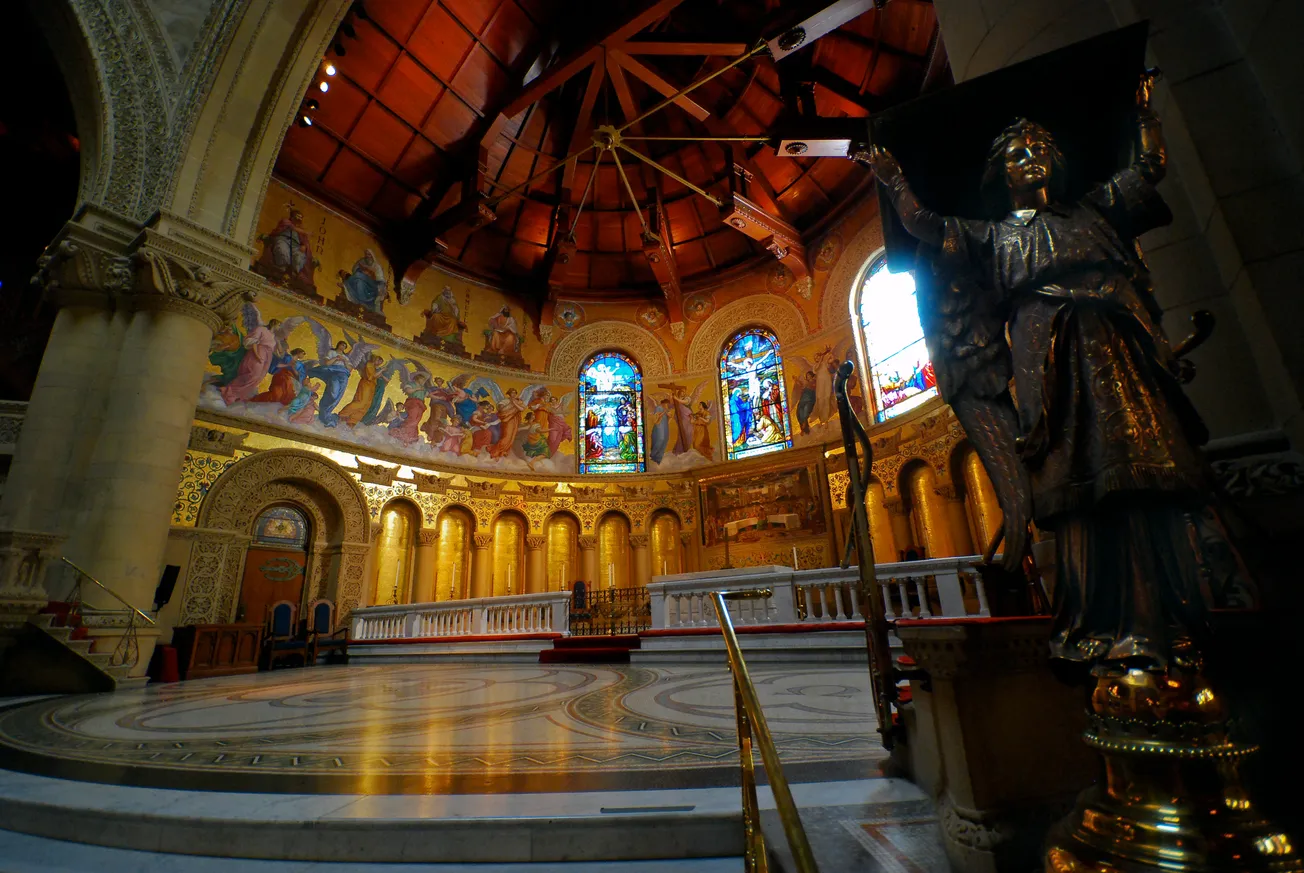Table of Contents
If Stanford students genuinely respect religious people, they should also respect the value of their beliefs and practices.
At Stanford, we live in a community of students who we were selected for our “intellectual vitality.” We’re encouraged to voice opinions and to challenge any conviction that doesn’t seem logically sound. And for all but the most charged issues, it’s relatively straightforward to have a purely intellectual debate about the pros and cons of each side. But the way we force religion into this argumentative straitjacket may be devaluing spirituality and doing a disservice to those who practice it daily on campus.
As someone who had never even been to a religious service before coming to Stanford, I found it easy and natural to treat religion as just another one of these discussion topics. After weighing the many arguments I found against religion against what scant evidence I could gather in favor of God’s existence, I concluded that atheism (or agnosticism) was the only rational stance to take. Although I outwardly respected religious rituals, I couldn’t help thinking that people who prayed to God were most likely deluding themselves. I don’t seem to have been alone in this: despite Stanford’s “you do you” culture and constant celebrations of diversity, I still hear students casually blame religion for social ills in casual conversation. Alternately, they dismiss religious justifications for epistemic uncertainties, like what happens after death, as ludicrous on face.
When I came to Stanford last year, I became increasingly intrigued by my peers who seemed very logic-driven in most of their beliefs, yet also strongly religious. In an attempt to understand their mindsets, I started attending various religious services throughout the year. Whenever I encountered someone who claimed to be religious, I’d query them about their faith, trying to grasp the root of why they believed so strongly in it
Most people I’ve talked to at Stanford haven’t just blindly accepted their religion. Rather, the vast majority seem to have questioned their faith at some point but ultimately found themselves turning back to it. Faith is a visceral part of people’s identities. Many people will logically defend parts of their religion (for example, presenting evidence that supports certain Bible stories), but if I try to dig deeper into why exactly someone is religious, we invariably reach a point where they simply have a fundamental conviction that God must exist.
Several people have even told me that they actively choose to believe in God even though they acknowledge that their religious beliefs may not be completely logical. Religion provides meaning to their lives and helps them through difficult times, and this spiritual gratification is enough to justify their belief in God. Someone I met at Hillel summed it up nicely, describing his religious beliefs as “a combination of mind, body, and spirit.
I love that Stanford has such an intellectually driven culture, and for the most part, it’s a great environment in which to develop and challenge our beliefs. At the same time, though, it’s important to realize that it’s impossible for logic to rule all aspects of our lives. When it comes to fundamental questions about the existence of the universe, it’s impossible for anyone, religious or not, rigorously to prove any answers. Truly respecting religion should involve more than just supporting religious rituals or championing Stanford’s religious diversity – it means accepting that someone can hold a justified belief that may not be completely logically sound.





